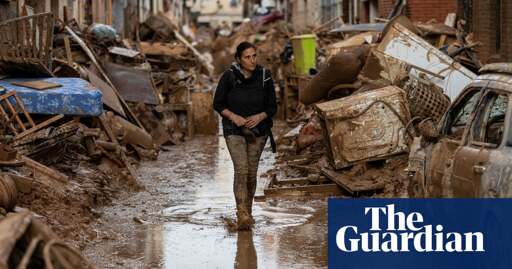“[They] do not recognise there is a risk of ruin. They are precisely wrong, rather than being roughly right,” the report said.
If these risks were taken into account the world faced an increasing risk of “planetary insolvency”, where the Earth’s systems were so degraded that humans could no longer receive enough of the critical services they relied on to support societies and economies.
“You can’t have an economy without a society, and a society needs somewhere to live,” said Trust.
“Nature is our foundation, providing food, water and air, as well as the raw materials and energy that power our economy. Threats to the stability of this foundation are risks to future human prosperity which we must take action to avoid.”
Society? Nature? It’s all just capital, to economists.
The creation of “value” requires destruction. You can’t have wood for tables and chairs and houses without cutting down the forest. You can’t have electric devices without copper or gold or quartz, that have to be mined from the Earth. And you can’t have any of it without energy. No value, NO VALUE, can be created without energy. And the majority of the energy we need to create value comes from fossil fuels that must be extracted from the Earth, and that emit gases that change the composition of our atmosphere.
Destruction is necessary for the production of the things that we value. That being said, it is possible for that destruction to be made sustainable. For instance: don’t cut down trees faster than new trees can grow. It is possible for value to be created sustainably, but NOT under an infinite growth paradigm. There is no such thing as sustainable infinite growth. Infinite growth, by its nature, is not sustainable. Infinite growth requires infinite energy and materials, and we DO NOT have access to an infinite supply of either.
We’re going to learn this lesson, one way or another.



